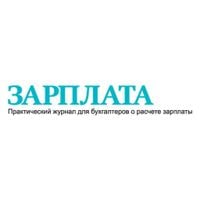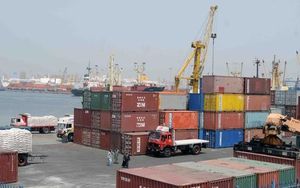Changes to the pension and labor laws in Russia are set to take effect in 2025, promising significant reforms aimed at improving the rights and benefits for self-employed individuals and enhancing labor protections across various sectors.
As of January 1, 2025, a new procedure for recalculating work experience will be introduced, particularly affecting how pensions are calculated for self-employed individuals. Previously, the system was criticized for its complexity and perceived unfairness. Under the new rules, a clear mechanism will be established: for each year of experience that individuals wish to purchase, they will be required to contribute a specific amount tied to the minimum wage, which will be set at 59,241.6 rubles in 2025. This change aims to create a more transparent and equitable system.
According to the reforms, if a self-employed person pays less than the required amount, their contributions will still be recognized, albeit proportionally. For instance, if an individual pays half of the required fee, they will receive half a year of work experience and the corresponding pension coefficients. This flexibility is designed to accommodate the varying financial capacities of self-employed individuals.
However, it’s important to note that simply being self-employed does not automatically guarantee future pension benefits. Self-employed individuals need to actively register with the Social Fund as voluntary contributors to build their pension rights. The frequency of contributions can be determined by the individual, allowing for payments to be made in full at once or in installments throughout the year.
To qualify for an old-age insurance pension, individuals must meet three criteria: they must accumulate at least 15 years of insurance experience, score a minimum of 30 pension points, and reach the retirement age, which will be set at 60 for women and 65 for men by 2028. If these conditions are not met, individuals will still receive a social pension, but it will begin five years later than the standard retirement age.
"The new system is designed to create equal conditions for everyone who participates in pension insurance," said Svetlana Bessarab, a deputy involved in the reform discussions. She emphasized that this change aims to provide assurance that even during financial hardships, voluntary contributions will be acknowledged and contribute toward future pensions.
In addition to pension reforms, significant changes to the Labor Code will also come into effect in 2025. These amendments will impact salary calculations, labor protection, and personnel management practices. Notably, the minimum wage will see an increase, with the government aiming to ensure that no employee receives less than the established minimum. The federal minimum wage for 2025 is expected to be 17,733 rubles across the country, with higher regional minimums in place.
Moreover, new regulations will mandate that employers provide additional paid time off for employees who work on weekends or holidays. Under the revised rules, employees will be entitled to use these additional days off within the same calendar year, ensuring they do not accumulate and expire unused.
From March 1, 2025, a new article in the Labor Code will require employers to compensate employees for mentorship roles, particularly for those in positions like accountants, lawyers, and HR specialists. This change aims to formalize and incentivize the transfer of knowledge and skills within organizations.
Additionally, the amendments will introduce stricter oversight of employers, including the establishment of a register of unscrupulous employers. This register will include companies that violate labor laws, such as those who fail to pay salaries on time or misclassify employees. The government aims to enhance compliance with labor regulations and protect workers’ rights.
As part of the broader labor reforms, new measures will also support mobilized individuals and contractors, ensuring they receive priority assistance in job placement following military service. This initiative underscores the government’s commitment to supporting those who have served in the military.
Employers will also benefit from subsidies for hiring individuals from specific categories, including disabled persons, veterans, and single parents. These financial incentives are designed to encourage the employment of marginalized groups and support families in need.
Furthermore, changes in the rules governing the employment of foreign workers will continue, with the government maintaining strict quotas and regulations to manage labor migration effectively. Employers must remain vigilant in adhering to these requirements to avoid penalties.
Overall, the upcoming reforms in Russia’s pension and labor systems are poised to create a more equitable and supportive framework for workers, particularly those in self-employment and vulnerable positions. As these changes unfold, both employees and employers must stay informed to navigate the new regulations effectively.
The reforms mark a significant shift towards more inclusive policies that recognize the diverse realities of the Russian workforce, aiming to foster a fairer and more sustainable labor market.




